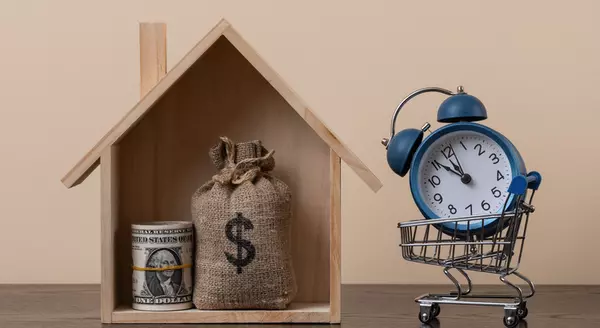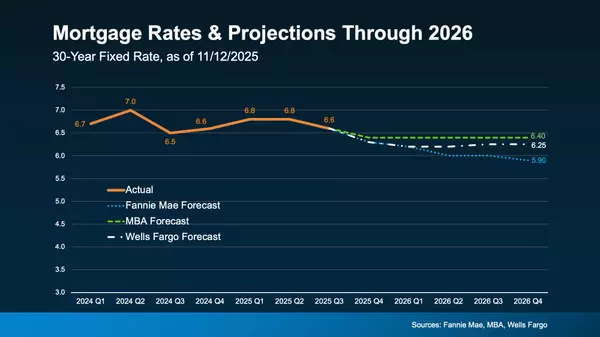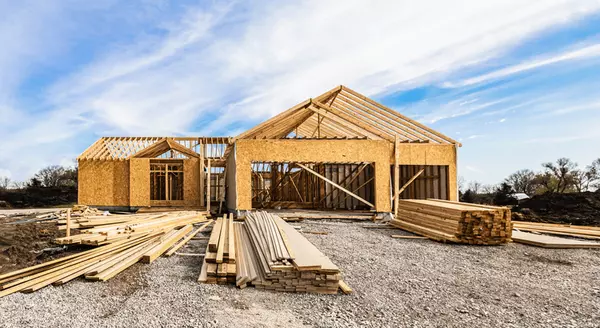
Selling Your Colorado Springs or Monument Home: What Successful Sellers Already Know
If you’re thinking about selling your home in Colorado Springs, Monument, or the surrounding Northern El Paso County communities, here’s one thing you should know: the homeowners who win in today’s market aren’t the ones sitting back, waiting for the “perfect” moment. They’re the ones who adapt earl

Why Waiting for Mortgage Rates to Hit the 5s May Cost You More in Colorado Springs & Monument
Many home buyers in the Pikes Peak area are actively watching mortgage rates hover just above 6% and thinking, “I’ll buy when rates hit the 5s.” While it seems like a good idea, as who wouldn’t want a lower rate, it actually may not work as you planned.Waiting for 5.99% may not save you as much as y

Prices are Dropping; Why Your Home Equity Still Puts You Way Ahead
If you’ve seen headlines about home prices dropping, it’s easy to wonder what that means for the value of your home too. Here’s what you really need to know. Even with small price declines in the Pikes Peak area, data shows you’re likely still way ahead. With the average appreciation at 5.6% in the
Categories
Recent Posts










